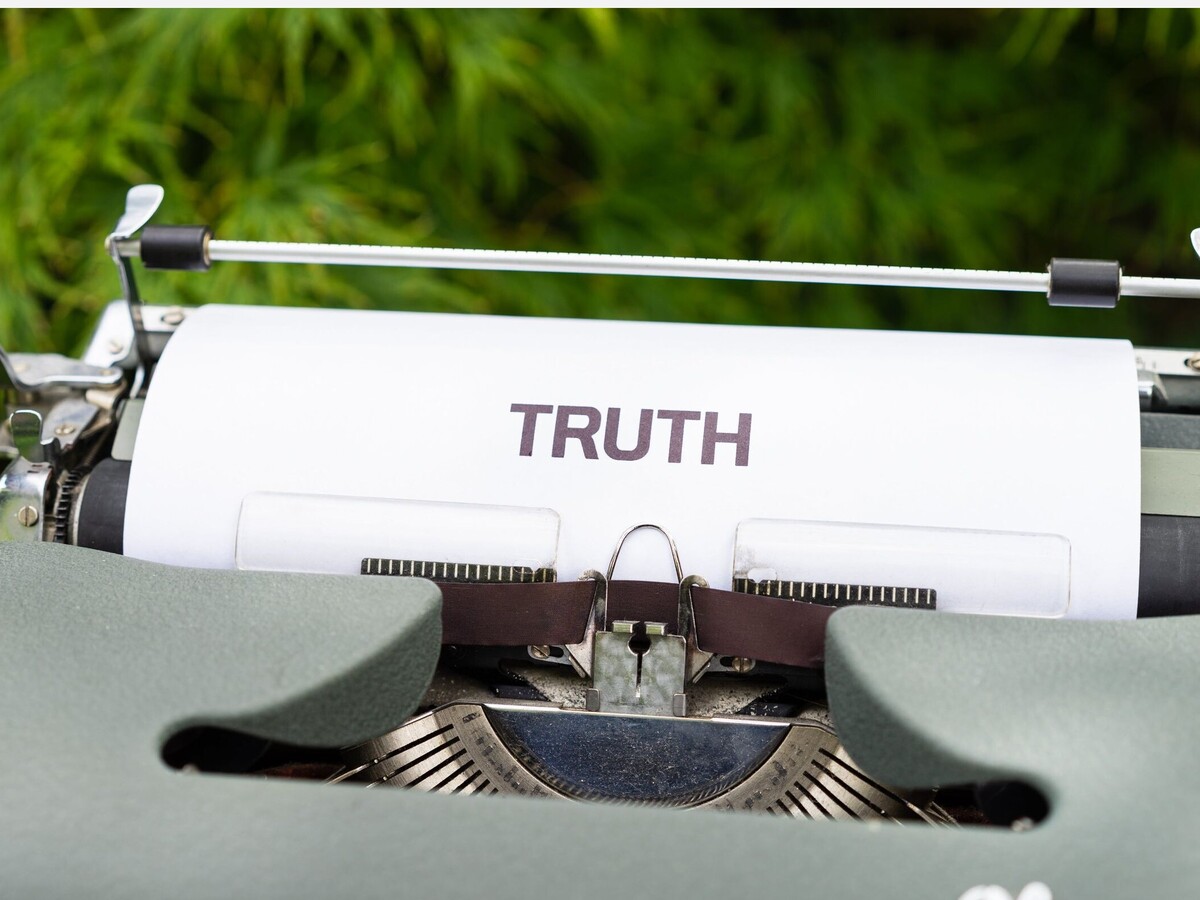Image


In an age marked by the rapid spread of information and the ease with which convincing evidence can be created and manipulated, determining the truth has become more challenging than ever before.
The rise of fake news, misinformation campaigns, and the proliferation of conspiracy theories means discerning fact from fiction can be a difficult.
A case in point is the very recent viral rumors about an alien invasion at a mall in Miami.
Some claimed that a video showing a very large police presence at the mall also captured something very strange. Some interpreted a large blurry shape as a tall alien walking around.
TikTok videos of people who claimed to have accurate information about the incident seemed to further show something strange was going on in Miami.
Additionally, there were claims that others witnesses saw aliens at the mall, airports in Miami were shut down, there were power outages, and that people had even been shooting at the aliens.
Then the Miami Police Department (MPD) released a statement claiming the video from the helicopter showed the police response to a New Year's Day incident where juveniles had been fighting and setting off fireworks.
And the alien? The MPD claimed it was only regular, boring humans.
No matter how ridiculous the above story may seem to you, lots of people believed it. Many news organizations even began reporting about the incident, mostly to try to debunk it. And some people online are still convinced there is a cover-up of interdimensional proportions.
So how can we know what is the truth and what is misinformation when rumors can be backed up with video or testimonial evidence?
The truth is that our knowledge often relies on faith that we aren't being misinformed by those we trust. It is also informed by the accuracy of our interpretations of what we choose to accept as evidence.
Many believe in a more scientific approach to truth. This approach states that something is true "if it is in accordance with measurable reality". Answering the question of whether there was an alien invasion in Miami with a scientific approach would require more than a grainy video or rumors as evidence.
Artificial intelligence, slickly edited YouTube videos, and never ending online posts and articles, means critical thinking, digital literacy, and a commitment to finding reliable sources have never been more important.
The Pervasive Influence of Misinformation
One of the primary challenges in discerning truth today lies in the proliferation of misinformation. Bad actors, from state-sponsored entities down to individuals, use online platforms to spread misinformation.
Social media has become a breeding ground for the rapid spread of rumors, half-truths, and outright lies.
Believing in something untrue can seem to make a lot of sense if you hear it from enough people. To combat this, individuals must be more skeptical about the things they hear and read.
Reputable sources of information can provide a valuable way to combat the deluge of misinformation. Cross-referencing information across several sources and critically evaluating the credibility of those sources is a good way to determine the accuracy of a claim.
Pay attention to the sources of your information (whether it be websites, YouTube videos, Facebook posts, etc.). Thinking about why the sources should be trusted is also very important way to perceive if you are being given an accurate picture of the truth.
The Impact of Cognitive Biases
Human psychology plays a significant role in the spread and acceptance of misinformation. Cognitive biases, like confirmation bias and the backfire effect (where a fact correction leads to people believing in the misconception even more), can mislead us.
These can lead us to accept information that aligns with existing beliefs and reject any evidence to the contrary. This then reinforces preconceived notions and contributes to the polarization of perspectives.
Overcoming cognitive biases requires a conscious effort. We must approach information with an open mind. Encouraging a culture of intellectual humility, where individuals are willing to reevaluate their beliefs in light of new evidence, can foster a more healthy pursuit of the truth.
Building Digital Literacy
In the digital age, where information is always at our fingertips, cultivating digital literacy is paramount. Understanding how information is created, disseminated, and manipulated online is essential for navigating the complex world we live in today.
Educational institutions and media organizations have a responsibility to promote digital literacy. Fostering a culture of critical inquiry can give individuals the tools they need in a world full of information.
Promoting Civil Discourse
Misinformation often thrives when civil discourse is eroded. Polarization and a lack of constructive dialogue contribute to the acceptance of misinformation. Rebuilding trust with each other and learning to respectfully disagree are crucial.
Individuals engaging with others with different perspectives while challenging their own beliefs can also contribute to a more informed society. If we want our society to thrive and prosper, it will be necessary for us to communicate, even if our beliefs about reality might be very different.
Conclusion
In the age of information overload, determining truth from fiction requires a more complex approach. Combating misinformation and cognitive biases while promoting digital literacy and fostering civil discourse are essential. By encouraging others to be more critical consumers of information and a commitment to more objective inquiry, we can work towards creating a more informed and resilient society.